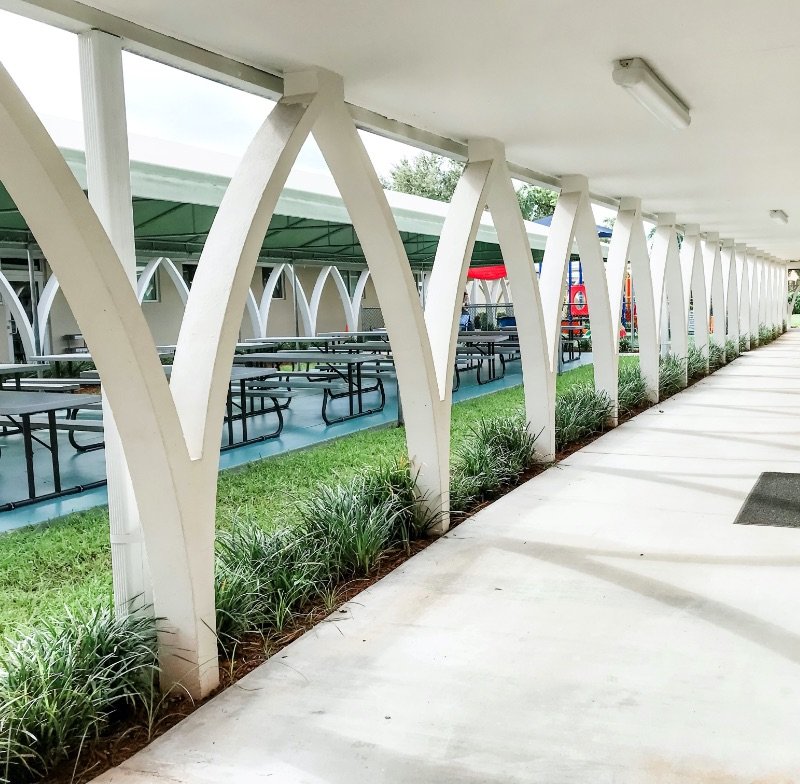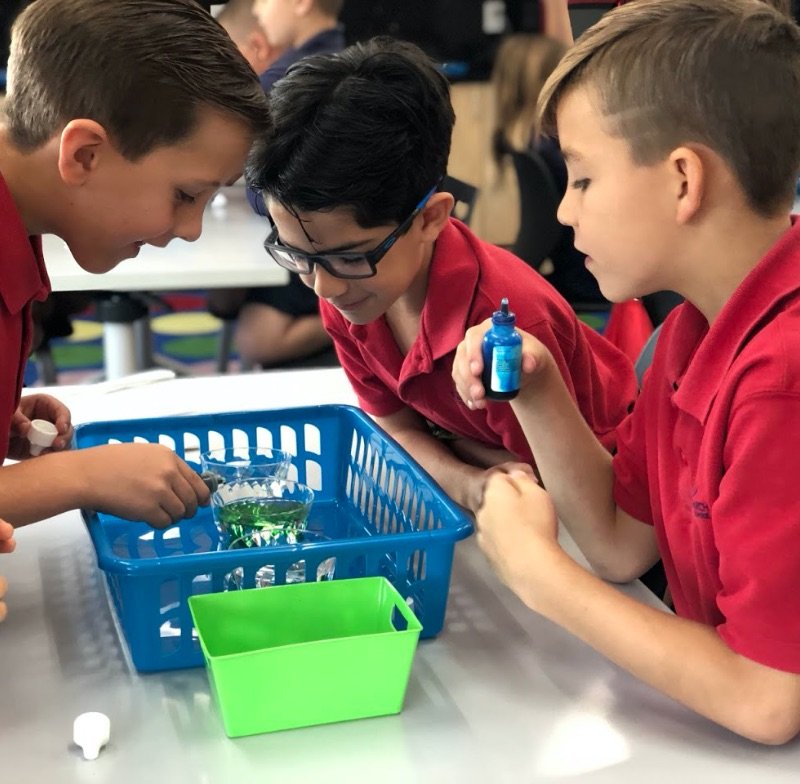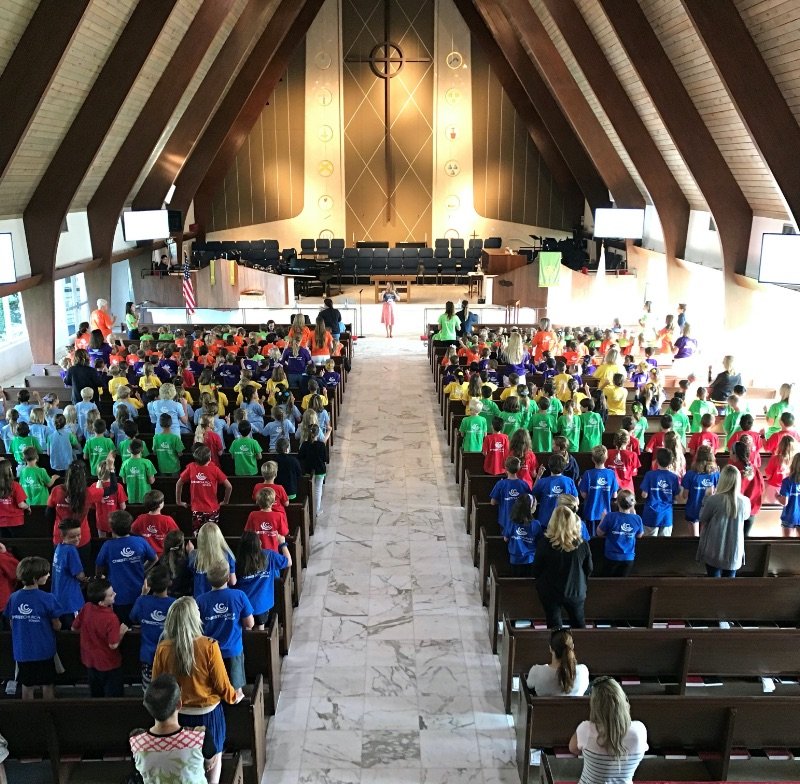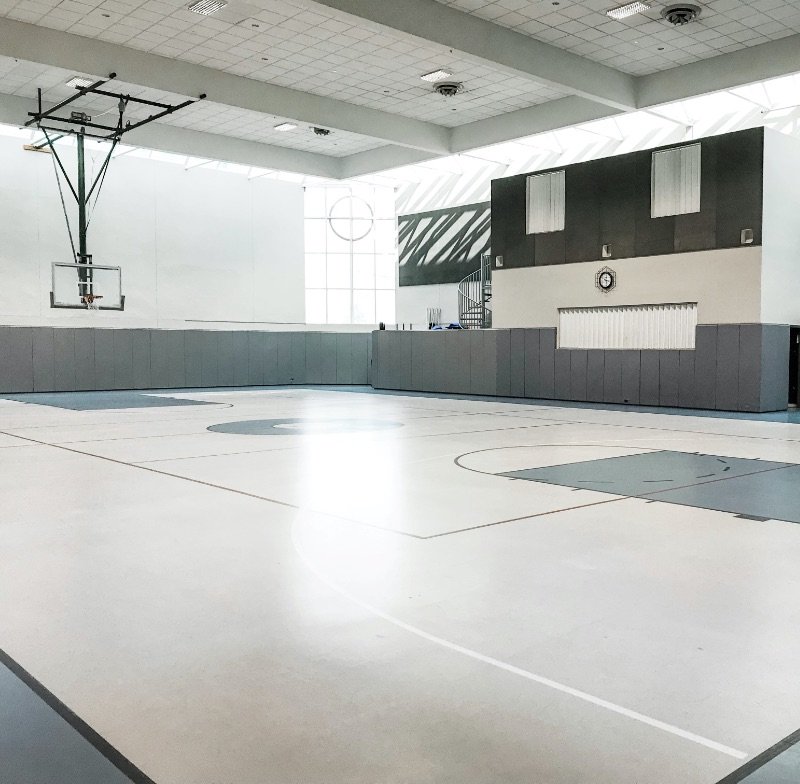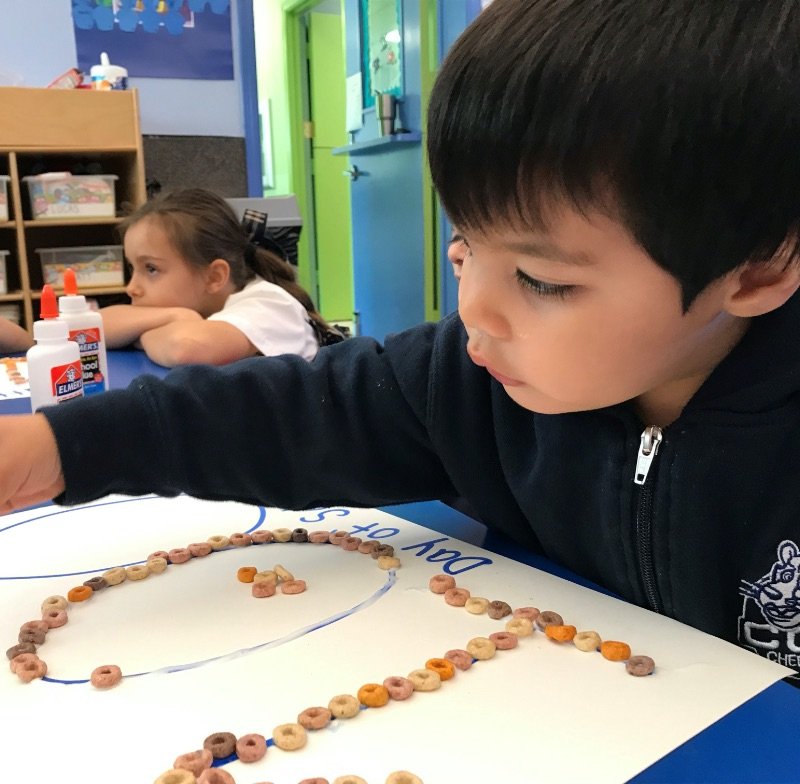Gifted Learners
At Christ Church School, we understand the joys and challenges of having a gifted child, and we value the unique qualities and viewpoints that gifted children bring to the classroom.
For this reason, we have made meeting the needs of gifted children a priority at our school. The majority of our teachers and assistants have participated in five graduate level classes and earned their gifted endorsement. The classes have equipped our teachers with a deeper understanding of the unique needs of gifted students as well as techniques on developing appropriate curriculum, instruction, and assessment activities. Our teachers have a comprehensive understanding of the development of gifted individuals over the lifespan from a cognitive, psychosocial, and physiological perspective.
Please feel free to contact us to discuss how our teachers and curriculum can meet the unique needs of your child.
Download the Gifted Learners Handbook
Learning Differences
Christ Church School seeks to develop the total child; spiritually, intellectually, socially and physically, through the core curriculum, enrichment classes, and Bible study. Christian teachers and staff offer a witness of prayer, love, and service. Christ Church School’s program helps to support the children’s needs as well as the needs of the parents. The program supports some learning differences as well as physical and psychological needs. We partner with community experts in the field of exceptional education to position students for success. Truth-in-love, “hightouch” communication, and clear common goals between parents and the school offer avenues to show God’s love. This may lead to families connecting with the church and developing deeper faith.
Although our program is designed for students who have the ability to achieve at or above grade level, curriculum is implemented with differentiation. When a student shows that they are struggling with curriculum, we ask ourselves if the program allows for student engagement and the building of skills; are we a “good fit”. If the answer is yes, we may ask for psychological testing. Results are shared during a scheduled meeting and teachers become educated on characteristics that will impact learning. Understanding the unique abilities of a student helps the school determine the most appropriate setting, supports, and program accommodations. Experts in the field of students with disabilities (reading specialists, child development specialists, behavioral specialists, speech and language therapists, and occupational therapists) sometimes partner with us on campus to meet individual student needs. Teachers utilize evidence-based instructional and classroom strategies to build independence, address behavior, teach new skills, and foster social development. The Assistant Head of Academics and Admissions partners with classroom teachers to monitor progress and response to individual accommodation plans.
In keeping with our whole child philosophy, we remain aware of the many aptitudes our students may have:
- Multiple Intelligences (Howard Gardner)
- Emotional Intelligence (Daniel Goleman)
- Moral Intelligence Framework (Michele Borba)
- Intelligence Quotient (Academic Aptitude)
- Physical Quotient
- Emotional Quotient & Spiritual Quotient (Stephen Covey)



